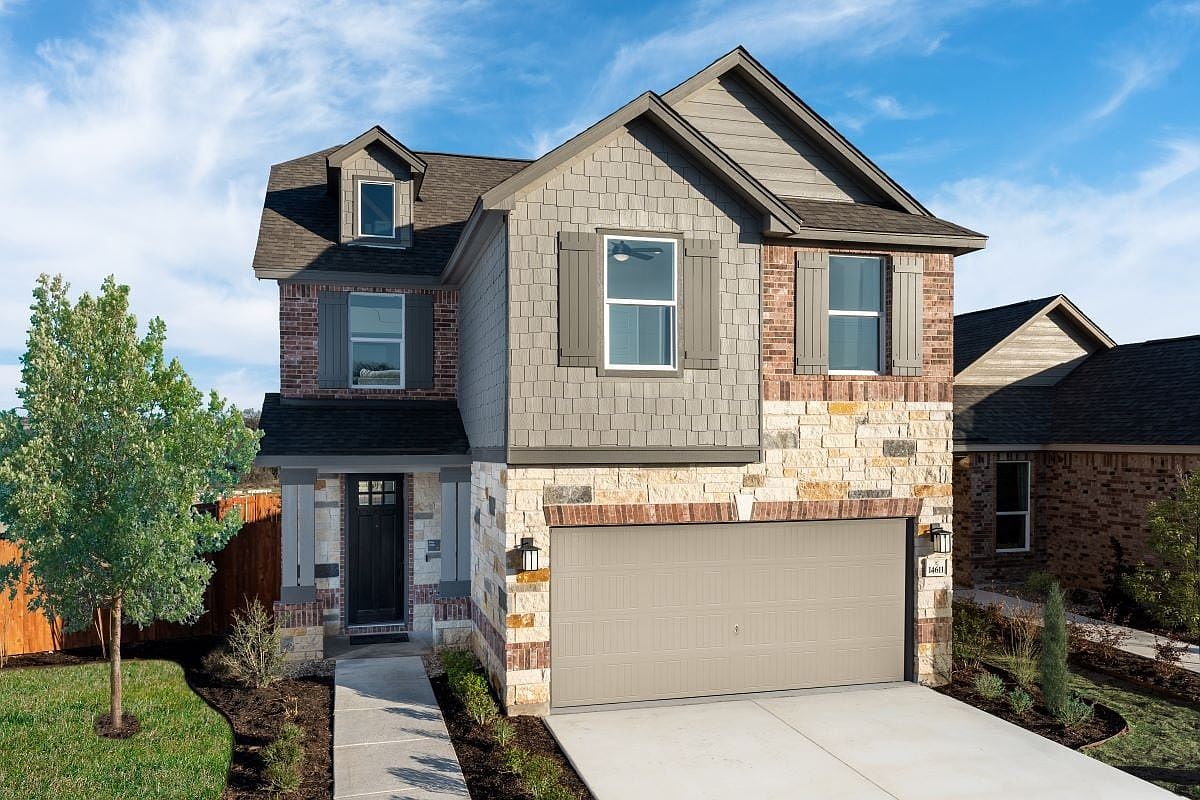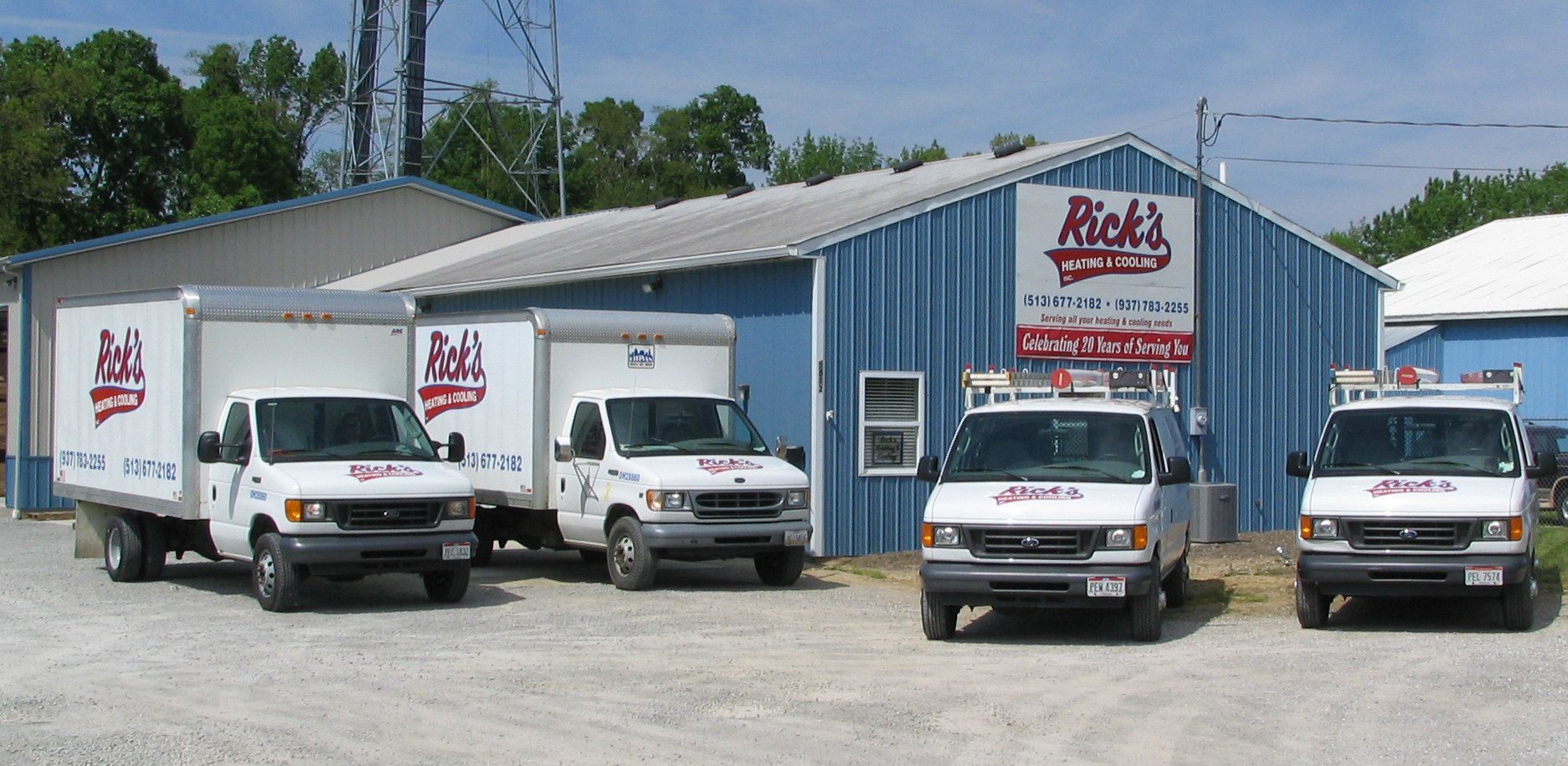Beat the Columbus Heat: Your Guide to Optimal Home Comfort
Living in Columbus, Ohio means experiencing the full force of Mother Nature's mood swings. From sweltering summers to frigid winters, our climate demands reliable and efficient home comfort solutions. Choosing the right heating and cooling system for your Columbus home can be daunting. With so many options and factors to consider, it's easy to feel overwhelmed.
But don't worry, we're here to help you navigate the world of HVAC. This comprehensive guide will equip you with the knowledge to make informed decisions about your home's heating and cooling, ensuring year-round comfort and potentially saving you money on energy bills.
One of the first things to consider is the size of your home and your specific heating and cooling needs. A professional HVAC technician can perform a load calculation to determine the appropriate system capacity for your space. This assessment takes into account factors like square footage, insulation levels, and window efficiency to recommend a system that's neither too small nor too large, preventing wasted energy and uneven temperatures.
Next, explore the various types of heating and cooling systems available, such as central air conditioners, furnaces, heat pumps, and ductless mini-splits. Each system has its own pros and cons in terms of upfront cost, energy efficiency, and performance characteristics. Understanding these differences will help you select the best fit for your budget, home layout, and comfort preferences.
Beyond choosing the right system, regular maintenance is crucial for optimal performance and longevity. Just like any other appliance, your heating and cooling system needs routine checkups and cleaning to run smoothly. Consider scheduling annual maintenance with a qualified technician, especially before the peak heating and cooling seasons. This proactive approach can identify and address potential issues early on, preventing costly breakdowns and extending the lifespan of your system.
Advantages and Disadvantages of Different Heating and Cooling Systems in Columbus, Ohio
Choosing the right heating and cooling system for your Columbus home involves weighing the pros and cons of different options. Here's a comparison table to guide you:
| System Type | Advantages | Disadvantages |
|---|---|---|
| Central Air Conditioner | Effective cooling for the entire home, widely available and serviced | Requires ductwork, can be less energy-efficient in homes with uneven cooling needs |
| Furnace | Efficient heating for colder climates, compatible with existing ductwork | Relies on fossil fuels (unless electric), can dry out indoor air |
| Heat Pump | Energy-efficient heating and cooling, environmentally friendly | Can struggle in extreme cold, higher upfront cost |
| Ductless Mini-Split | Ideal for homes without ductwork, provides zoned temperature control | Visible indoor units, may not be suitable for large homes |
Best Practices for Efficient Heating and Cooling in Columbus
Implementing best practices can significantly impact your home's comfort and energy efficiency. Here are some tips to consider:
- Schedule Annual Maintenance: Regular checkups ensure your system runs smoothly, preventing costly breakdowns and extending its lifespan.
- Optimize Thermostat Settings: Program your thermostat to adjust temperatures based on your schedule, saving energy when you're away or asleep.
- Seal Air Leaks: Inspect and seal any gaps or cracks around windows, doors, and other areas to prevent drafts and heat loss.
- Improve Insulation: Adequate insulation in your attic, walls, and crawl spaces helps maintain comfortable temperatures and reduces energy consumption.
- Utilize Ceiling Fans: Ceiling fans can complement your HVAC system by circulating air, making rooms feel cooler in the summer and warmer in the winter.
Frequently Asked Questions About Heating and Cooling in Columbus
Here are some common questions homeowners in Columbus have about their heating and cooling systems:
- Q: How often should I change my air filter?
- Q: What is a SEER rating?
- Q: How can I improve my home's indoor air quality?
- Q: What are the signs of a failing furnace?
- Q: How do I choose the right HVAC contractor?
A: It's generally recommended to change your air filter every 1-3 months, especially during peak heating and cooling seasons.
A: SEER stands for Seasonal Energy Efficiency Ratio, indicating the cooling efficiency of an air conditioner. Higher SEER ratings typically mean greater energy savings.
A: Consider using air purifiers, improving ventilation, and addressing sources of moisture and pollutants to enhance indoor air quality.
A: Watch out for unusual noises, inconsistent heating, rising energy bills, and frequent cycling on and off, which could indicate a need for furnace repair or replacement.
A: Look for licensed and insured contractors with experience, positive customer reviews, and a commitment to transparent pricing.
Navigating the world of heating and cooling in Columbus, Ohio, doesn't have to be overwhelming. By understanding your needs, researching your options, and following these tips, you can create a comfortable and energy-efficient haven for you and your family, no matter the season. Remember, investing in a reliable and efficient HVAC system is an investment in your long-term comfort and well-being.
Actividades para bebes de 6 meses fun and engaging ideas
Unlock learning your guide to k 5 free math worksheets
Unlocking the secrets to perfect bedding for wrought iron beds













